Content of annual flood, storm, incident, and natural disaster management in Vietnam
This is a prominent provision stipulated in Circular 01/2010/TT-BGTVT regulating the prevention, response, and remediation of flood and storm consequences; responding to incidents, natural disasters, and rescue operations in railway activities, issued by the Ministry of Transport.
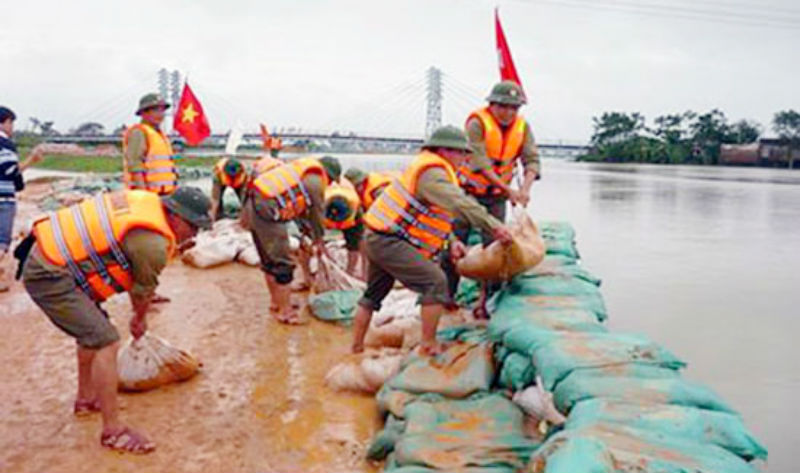
Annual content of flood, storm, incident, and natural disaster management in Vietnam (Illustrative image)
Article 15 of Circular 01/2010/TT-BGTVT stipulates the annual content of flood, storm, incident, and natural disaster management as follows:
- Manage and protect the railway infrastructure system and railway transport means from the destructive impact of floods, storms, incidents, and natural disasters. Prevent behaviors that may cause damage or destruction to the works when such incidents occur.
- Within their management scope, entities must regularly inspect and assess the safety levels of works that need protection or are related to flood and storm management; incident and natural disaster response, and rescue. If defects or deteriorations are detected, promptly take remedial measures; if beyond capability, immediately report to the higher authority for resolution before the rainy, flood, and storm season.
- Develop a flood, storm, incident, and natural disaster management plan for the unit. The plan must anticipate possible incidents, floods, storms, and natural disasters; assess the impact on infrastructure systems, equipment, assets, and railway transport means; and establish suitable response methods according to the following contents:
- Measures for anchoring, fastening, supporting, bracing, and securing to protect works, equipment, means, and goods;
- Plans for evacuation of means, equipment, and goods; rescue and relief plans, and transfer of passengers and goods;
- Reserve materials and equipment; stockpile food and supplies in anticipation of floods, storms, incidents, and natural disasters blocking the route for long-distance North-South or local trains running over 300 km.
- Measures to prevent floating objects from impacting works during floods;
- Regularly monitor the developments of floods, storms, incidents, and natural disasters; observe the actual situation of floods, storms, incidents, and natural disasters concerning works; track the flood, storm, incident, and natural disaster resistance of works and equipment;
- Establish communication policies during floods, storms, incidents, and natural disasters. Anticipate possible scenarios such as power outages and communication disruptions to proactively and effectively address them.
- The Commanding Committees at all levels must organize inspections of the flood, storm, incident, and natural disaster management of subordinate units, especially key and vulnerable works.
- Reserve materials, means, and essential equipment for flood, storm, incident, and natural disaster management; incident and natural disaster response, and rescue;
- Primary materials include: Sleepers, rubble stones, crushed stones, steel cages, rails, track spikes, I-beams, pallets, ropes, information poles, support beams, wire ropes, fuel, gasoline, and diesel oil;
- Equipment includes: Locomotives, railcars, rescue cranes, construction and loading cranes, various types of carriers, trucks, pile drivers, excavators, generators, pumps, welding machines, jacks, and wired and wireless communication devices;
- Reserve essential food supplies, necessities, and medical supplies at vulnerable and difficult locations to use when necessary;
- Organize training on receiving and processing information and flood, storm, incident, and natural disaster management, response, and recovery work;
- Organize activities of the emergency response forces for flood, storm, incident, and natural disaster management, response, and recovery at the unit.
See more details at: Circular 01/2010/TT-BGTVT, effective from February 25, 2010.
Nguyen Phu
- Evaluation contents of programs and public investment projects in Vietnam from January 1, 2025
- Implementation and disbursement period of annual public investment plan funds under the Law on Public Investment 2024 in Vietnam
- Procedures for issuing Certificates for driving practice instructors in Vietnam from January 1, 2025
- Technical conditions of infrastructure of driver training institutions in Vietnam from January 1, 2025
- Procedures for issuing Certificate of food safety eligibility for agricultural, forestry, and fishery production and business facilities in Vietnam
- Strengthening management, enhancing efficiency in utilization, and handling of housing and land at state-owned enterprises in Vietnam
-
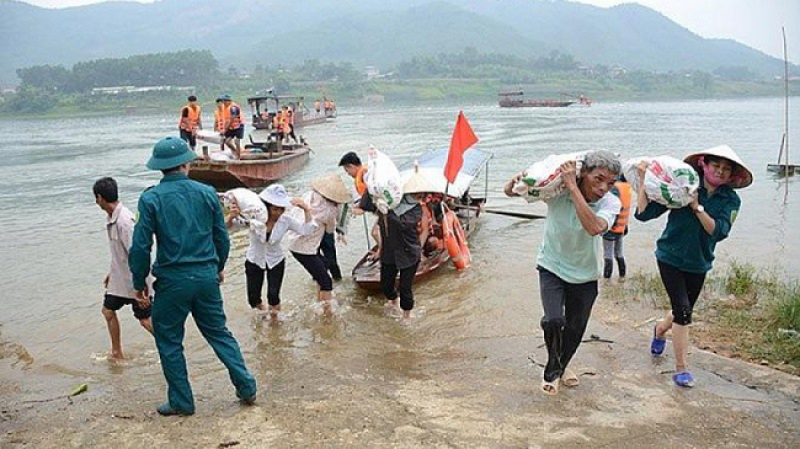
- Urgent implementation of the Prime Minister of ...
- 15:41, 10/07/2024
-
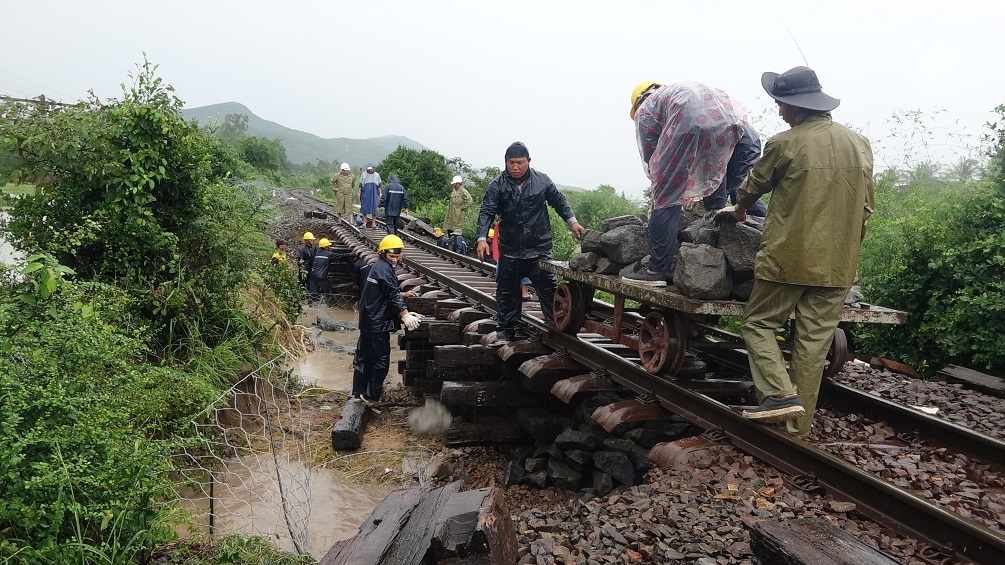
- What are procedures for duty assignments on natural ...
- 03:53, 10/07/2024
-
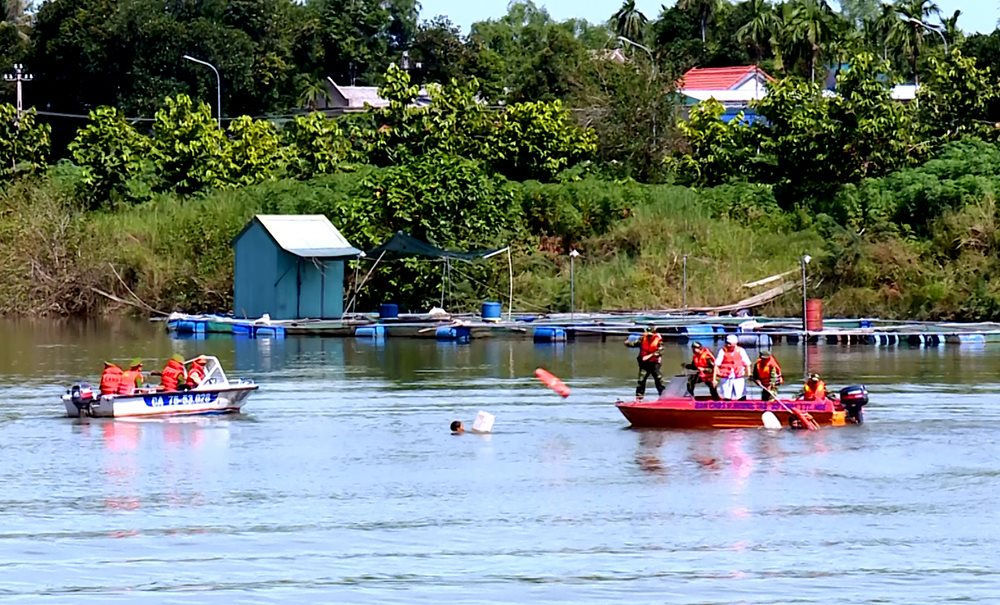
- All resources to be mobilized to enhance the effectiveness ...
- 02:51, 10/07/2024
-
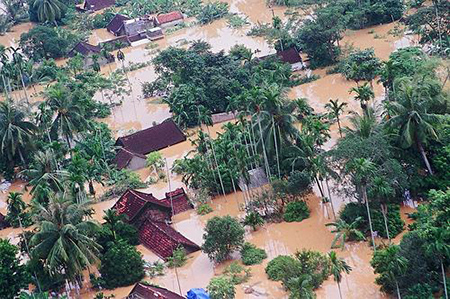
- Detailed expenses to ensure the activities of ...
- 21:24, 09/07/2024
-
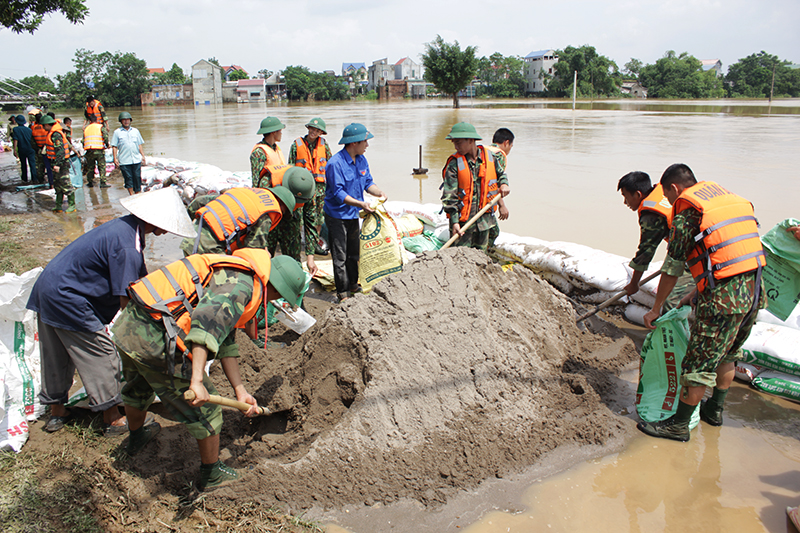
- Expenses ensuring the operations of the Central ...
- 21:02, 09/07/2024
-

- Evaluation contents of programs and public investment ...
- 10:00, 27/12/2024
-

- Implementation and disbursement period of annual ...
- 09:00, 27/12/2024
-

- Procedures for issuing Certificates for driving ...
- 08:31, 27/12/2024
-

- Technical conditions of infrastructure of driver ...
- 08:00, 27/12/2024
-

- Procedures for issuing Certificate of food safety ...
- 19:00, 26/12/2024
 Article table of contents
Article table of contents
